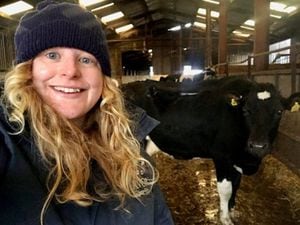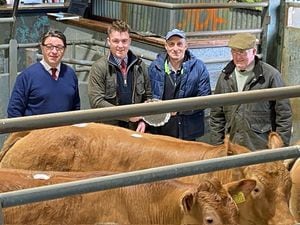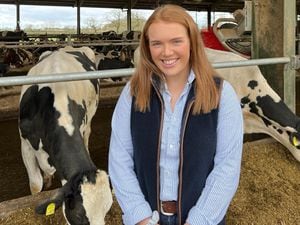Protect cow health this grazing season
Dairy farmers are being reminded that now is a crucial time to take precautions against herd health risks, to help protect cow health and productivity this summer.

A proactive approach is key to defending your herd against potentially costly diseases and parasite threats during the grazing season.
At this time of year, when many dairy cows are reaching their peak yield, you want them to be as healthy as possible. But if an animal is suffering from disease such as leptospirosis, BVD, salmonellosis or IBR, which are all endemic in UK dairy herds, their energy will be diverted towards an immune response. This massively compromises their overall productivity.
Endemic diseases can also cause issues such as sub-par fertility or poor growth in young stock.
With a lot of endemic diseases, some farmers will wait until the issue is clinically obvious and then rely on firefighting treatments to fix the issue. However, these controls often have limited efficacy and milk production has already been affected.
It’s clear, there’s a significant need for vaccination programmes alongside good biosecurity protocols, to help control and prevent these diseases.
Understanding the signs, symptoms and risk factors for each potential herd health issue is also key.
For example, with temperatures being much milder last winter, cattle may also be at increased risk of parasite threats this spring.
Flies have been able to multiply more quickly in the favourable conditions, meaning they could become a nuisance much earlier than in previous years. Not only do they cause distress and restlessness to cows, reducing eating time and consequently milk yield by up to 30 per cent, but flies can also transmit diseases such as summer mastitis later in the year.
There are already reports of flies across the country, and treatment before the flies start coming out and multiplying is vital. It is likely some farmers may be caught out much earlier this spring. I recommend that farmers get on top of fly populations with BUTOX SWISH – no cattle pour-on lasts longer for fly control.
It is important to follow an appropriate worming regime and fluke control, including routine faecal egg counts, monitoring stock, pasture management and treatment only if necessary. This ensures protection against worms, as well as avoiding resistance problems with wormers.
A good herd health programme should encompass biosecurity, routine disease and parasite monitoring, and appropriate vaccinations, wormers and fly controls where necessary. By preparing early and looking at the whole herd health picture with your vet, farmers can maximise cow health, welfare and productivity throughout spring and summer.
Nicole Baldry is dairy veterinary adviser at MSD Animal Health





